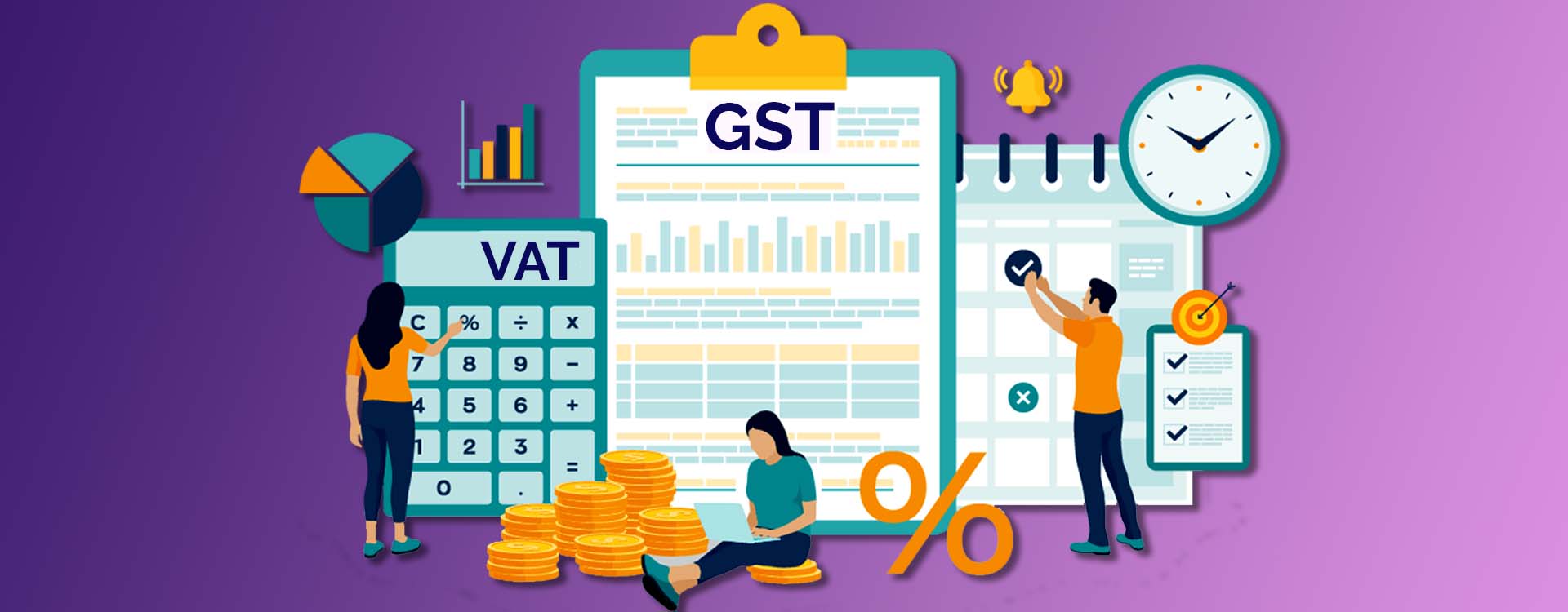Goods and Service Tax (GST) was introduced with a vision to make tax compliance simpler and easier while starting a business.
Is GST registration vital?
GST registration is mandatory only if your annual turnover is above 20 lakhs which is not the case for entrepreneurs just starting a business. GST has simplified the process of tax compliance for start-ups. Ever since it came about, start-ups need not file a separate VAT and service tax. Instead, they need only file one GST.
Start-ups and small businesses thus are not burdened with the looming dangers and fears around tax compliance.
Do you need VAT?
Value-Added Tax (VAT) is a tax levied by the Central Government for the sale of products and services when the end customer purchases. VAT registration is simplified just like GST registration, both of which are done online. Entrepreneurs preferred VAT registration over other taxes like sales tax.
Currently, VAT registration and filing of VAT is mandatory for businesses once they cross the annual turnover threshold of 5-10 Lakhs. The amount of VAT that needs to be paid depends on the state which the business is registered in. The VAT registration act of India mandates all business organisations and manufacturing units to be registered. If you are a manufacturing or trading start-up and your annual sales have exceeded INR 5 Lakhs, then registration and payment of VAT is compulsory.
‘‘
If you are a small business or about to start a new business, then you are exempted from paying GST or VAT.
The difference between GST and VAT
GST has replaced VAT since July 1, 2017. When VAT was in effect, it was a ‘cascading effect of taxes’ on the economy and GST has put an end to it.
‘Cascading effect’ refers to a product tax that takes on additional taxes with every step that it moves towards the end consumer. This ‘tax on tax’ was severely affecting the economy and was very tedious for new start-ups. With GST, start-ups can see less compliance issues as opposed to what they were experiencing with VAT.
What’s in it for me?
If you are a start-up registering for GST, the complete registration process is online. There are no long queues, and no endless waiting around for lunch breaks in Government offices. If you are an e-commerce start-up, you no longer need to worry about confusing compliances that were in place.
As a start-up, you can register for GST which has replaced VAT and you will see more streamlined compliance for your start-up.
If you are a small business with a turnover between 20 lakhs to 1 crore, then you have a scheme which will allow you to pay lower taxes. This optional scheme, called the composition scheme, will give you relief from being overburdened with tax if your business is newly established.
This means that if you are a small business or about to start a new business, then you are exempted from paying either taxes.
The only challenge is for the manufacturing sector. Before GST, start-ups from the sector had to pay excise duty only if the turnover was more than 1.5 crores. But after GST, the limit was reduced to 20 lakhs which is definitely a burden for start-ups in this sector. However, the benefits outshine the burden.
Foremost, India will become one single market where manufacturing goods can move freely about. And second, manufacturing start-ups will have less compliance issues than before.
The bottom line is that when starting a business, you may register for both GST and VAT, but your start-up is exempted for paying either until your annual turnover crosses the threshold (20 lakhs for GST and 5-10 lakhs for VAT). Also, you need only file GST since it has replaced VAT as single compliance for business.




